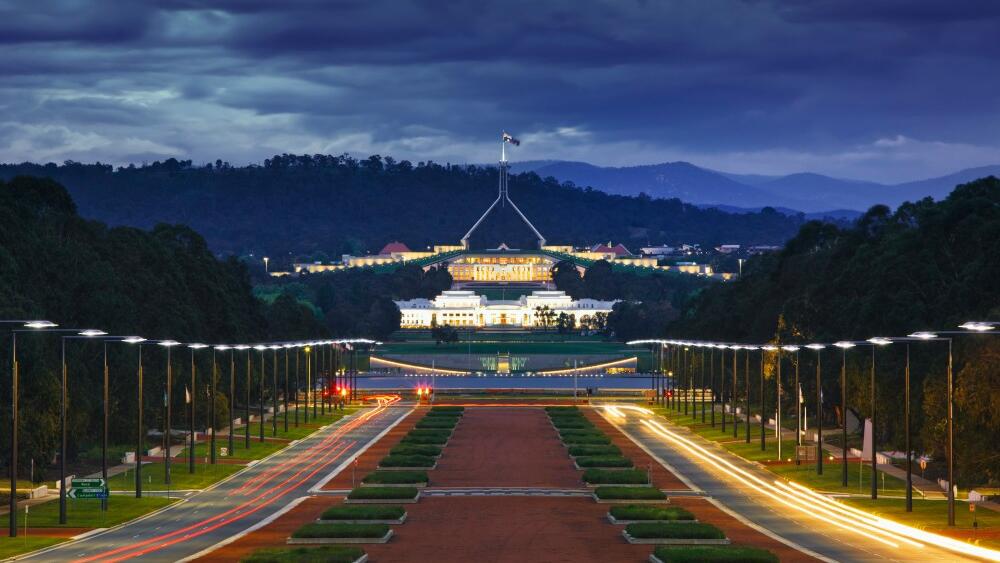The first day of Jim Chalmer’s economic reform roundtable focused on a range of economic reforms, with discussions regarding training, skills and worker mobility.
Top economists, business leaders, and unions were part of the discussions in Canberra aimed at boosting productivity and the Australian economy.
One of the starting blocks of the three-day roundtable was how to take advantage of the opportunities presented by artifical intelligence (AI).
Prime Minister Anthony Albanese said that the new technology presented both opportunities and challenges, but its impacts on productivity are still largely unknown.
“We have the biggest revolution since the industrial revolution with clean energy. We have a revolution that is less certain as well, artificial intelligence and new technology,” he said.
“The impact of that on the nature of work, on the economy and the way that we function as a society as well.”
While some ideas from the forum will be addressed more immediately, Albanese said some ideas, like AI, would require a longer period of work and would be included in the next federal budget.
“I don’t expect that you will solve all of those issues in the next three days, but what you will have is ideas and input that will shape that agenda and … public discourse,” he said.
Upskilling workers was also a major point of discussion, with Union leaders, including the ACTU boss, calling for a new levy on businesses to pay for training for those workers who want to upskill for their jobs.
The proposal would impose a 1.5% levy on businesses with a turnover of A$500,000 or more.
The move was not welcomed by employers, including Business Council of Australia boss, Bran Black, who said the new levies would be a step forward not backward. He suggested the government should pay for incentives for trainee workers.
“From a business perspective, we just don’t see that taxing the business community is the right way to deliver the outcomes that Australia needs,” Black said.
The Australian Industry Group boss, Innes Willox, said the plan would hit more than 70,000 Australian businesses and raise about $4.5bn.
“We’ve done a training levy before in Australia, between 1990 and 1996. It didn’t work, it distorted the market,” he said.
“The Productivity Commission said it was distortionary and it also adds to compliance costs.”
However, there was agreement that to better recognise skills and qualifications gained overseas.
“There’s recognition that the system is jammed up. [There are] people who have qualifications that are not recognised, be that migrants or be that people trying to transfer between states or even … between occupations,” Willox said.
“It’s really important we do get some quick wins.”
As the round table meeting continues, GST, property, manufacturing and a potential EV charging levy are expected to be discussed over the next two days.
Deputy Opposition leader and roundtable participant, Ted O’Brien, said the discussions will act as a test for the government, particularly for Chalmers.
“He has made it very clear to the Australian people that he will turn the stats around on living standards … Over the next three days, I will be representing the 27 million Australians who are outside of that room,” he said.
“So based on their own test, their own criteria, the Australian people expect these three days to be delivering enormous outcomes. I look forward to seeing what the Treasurer has in mind."



